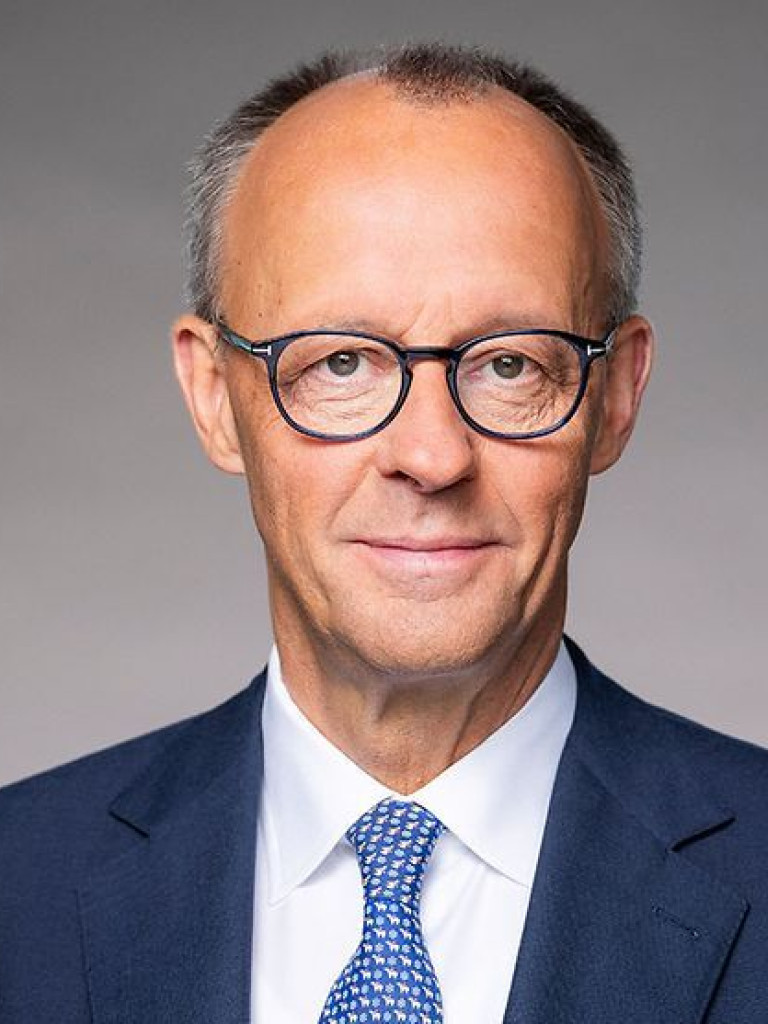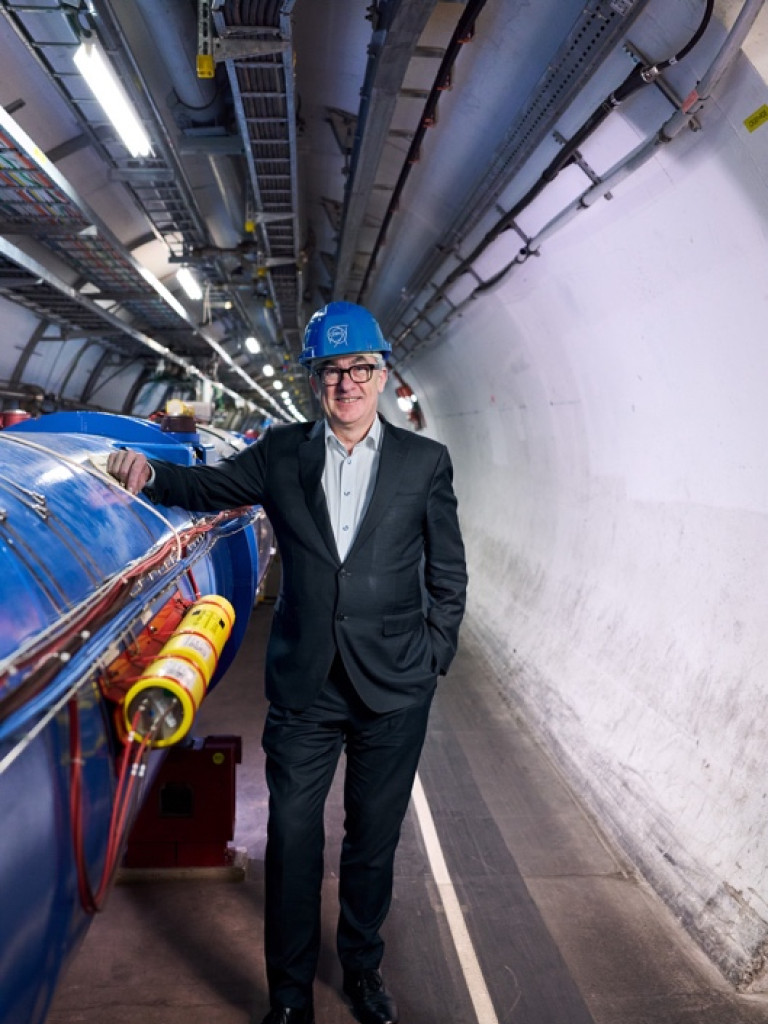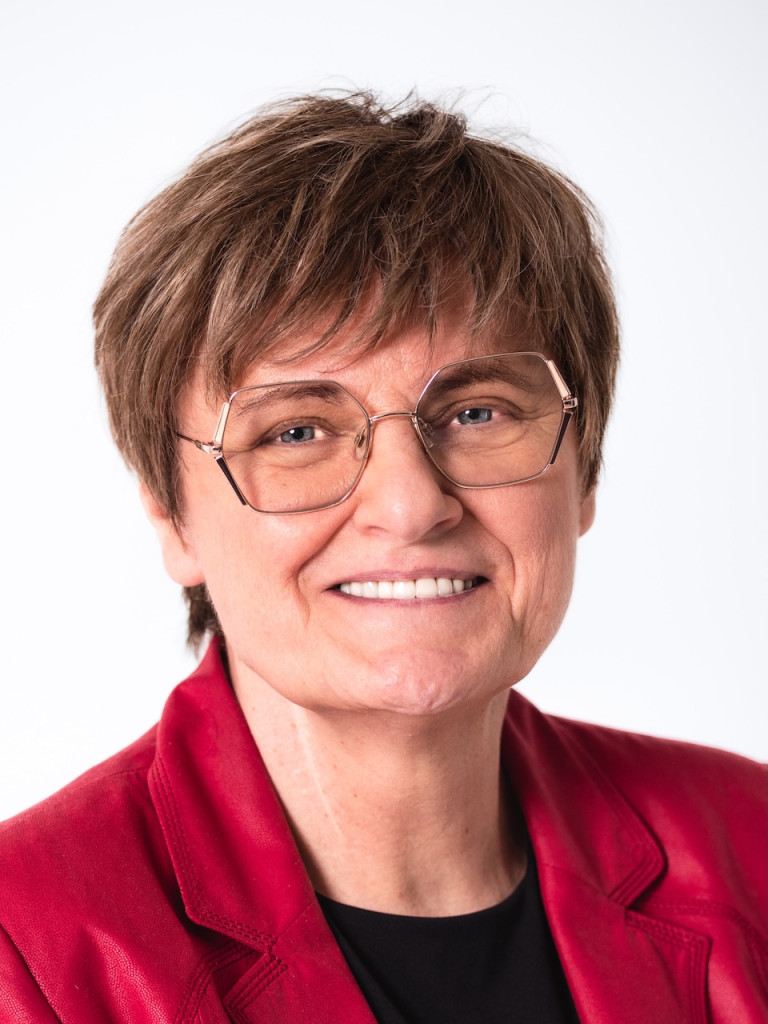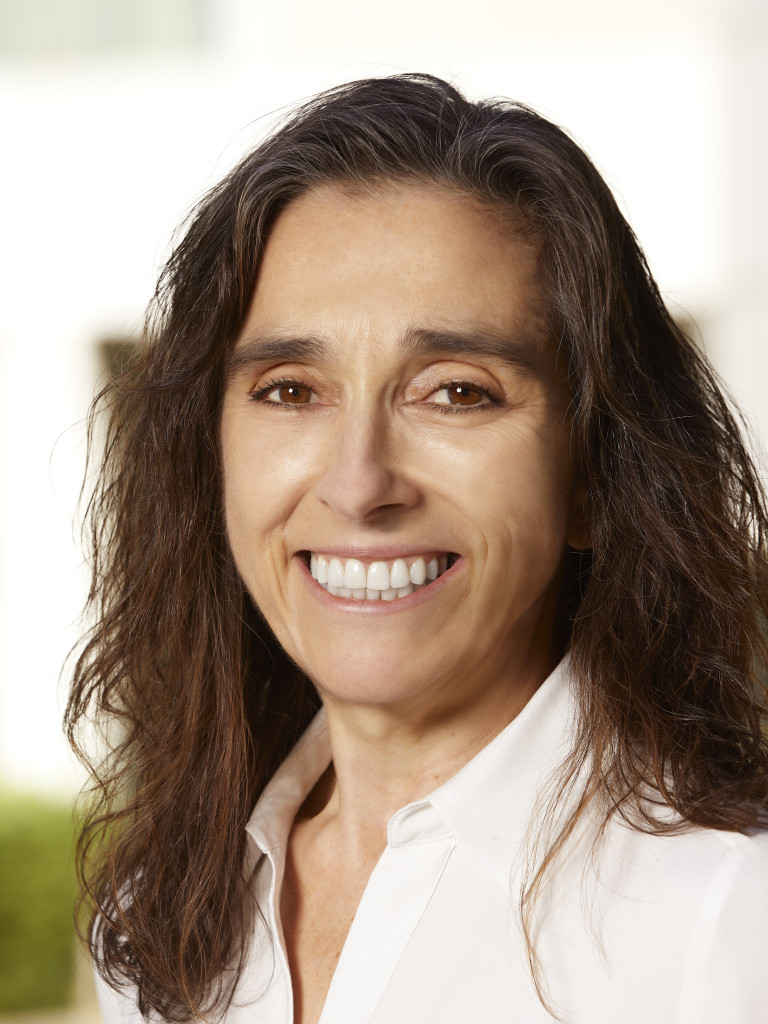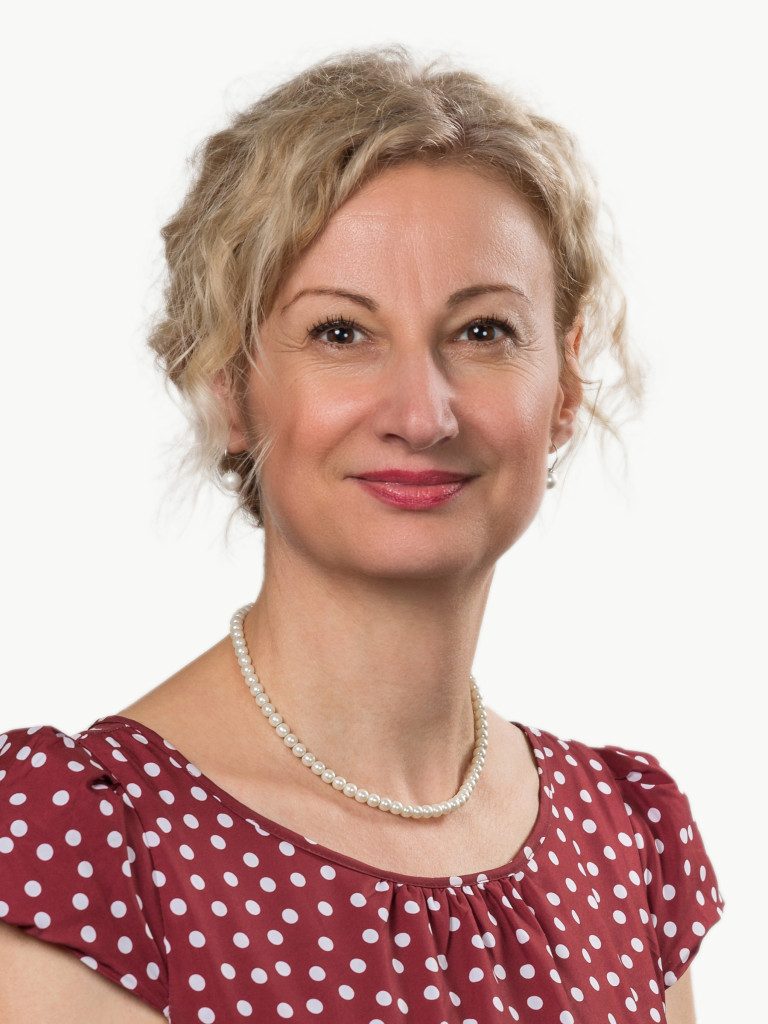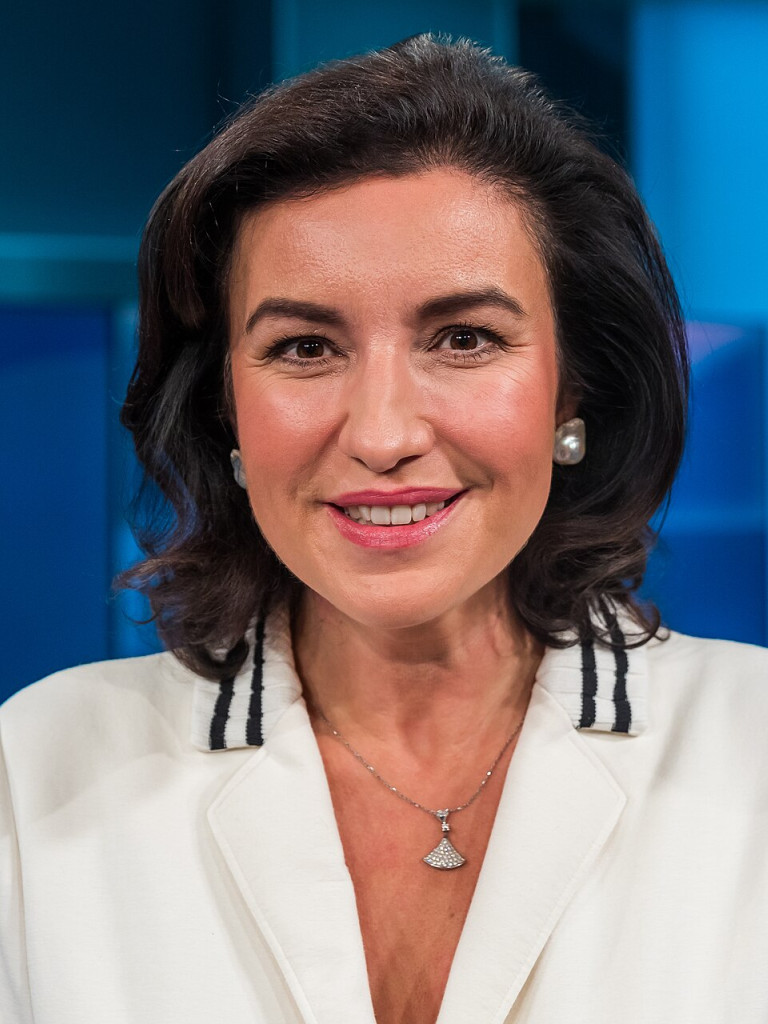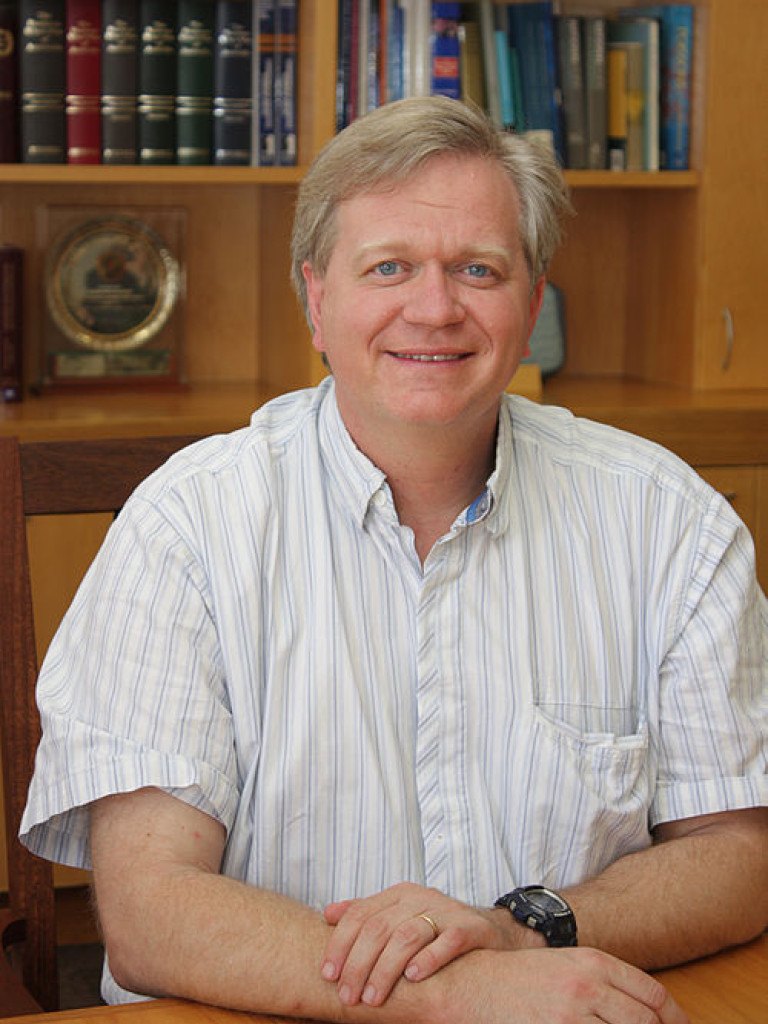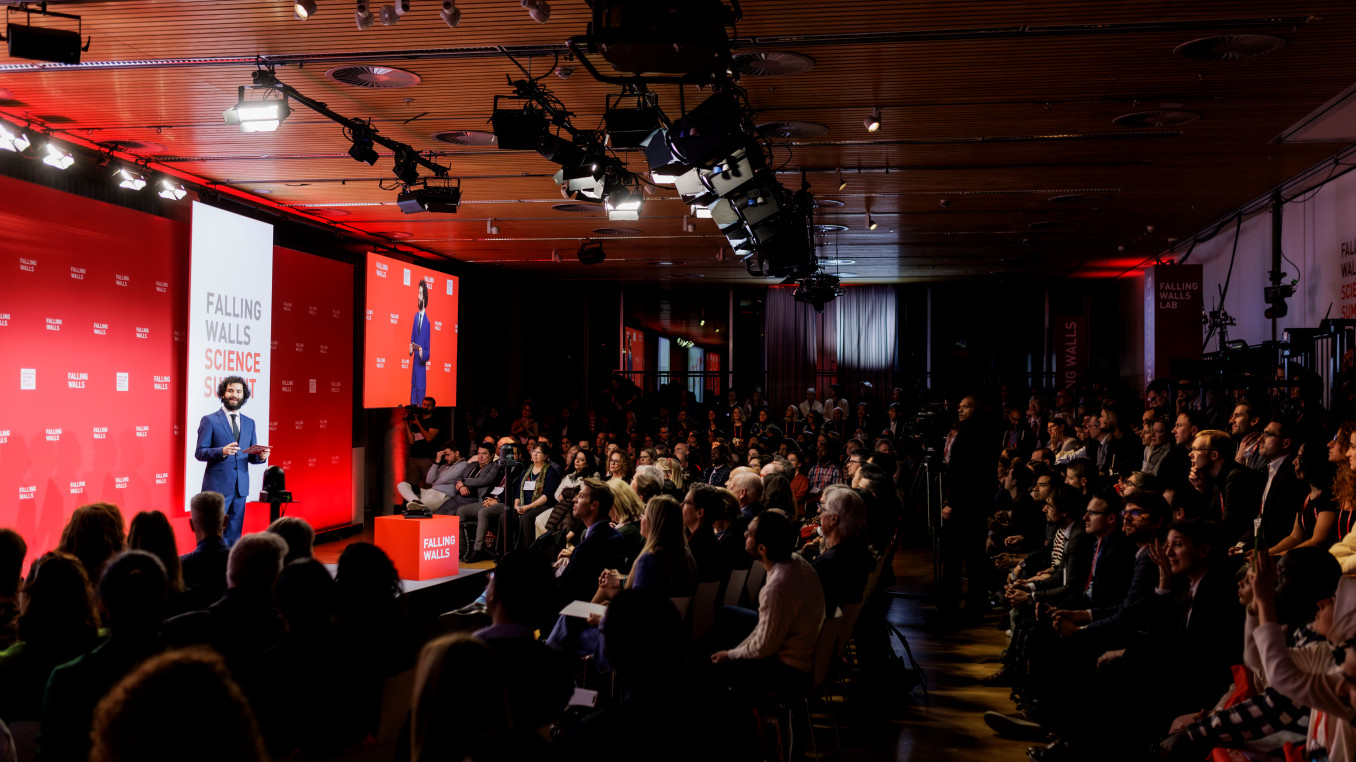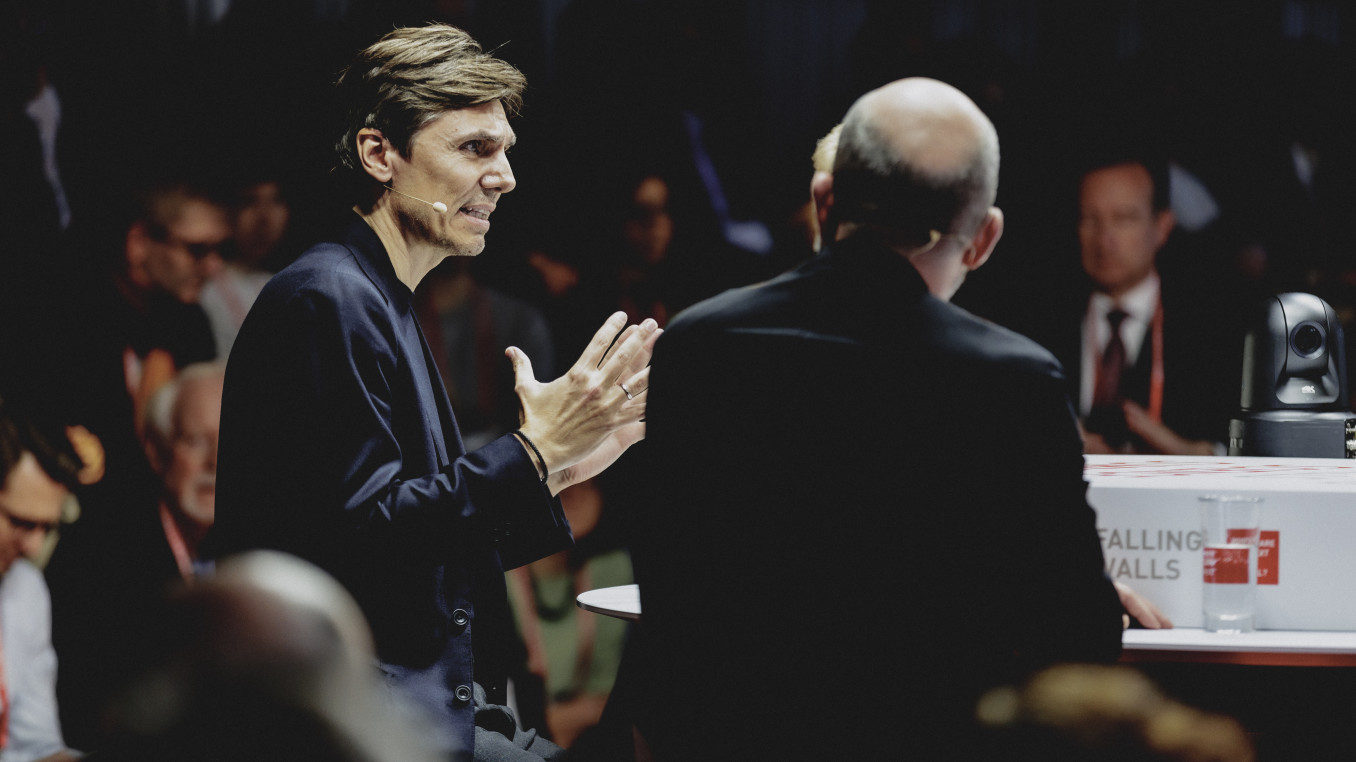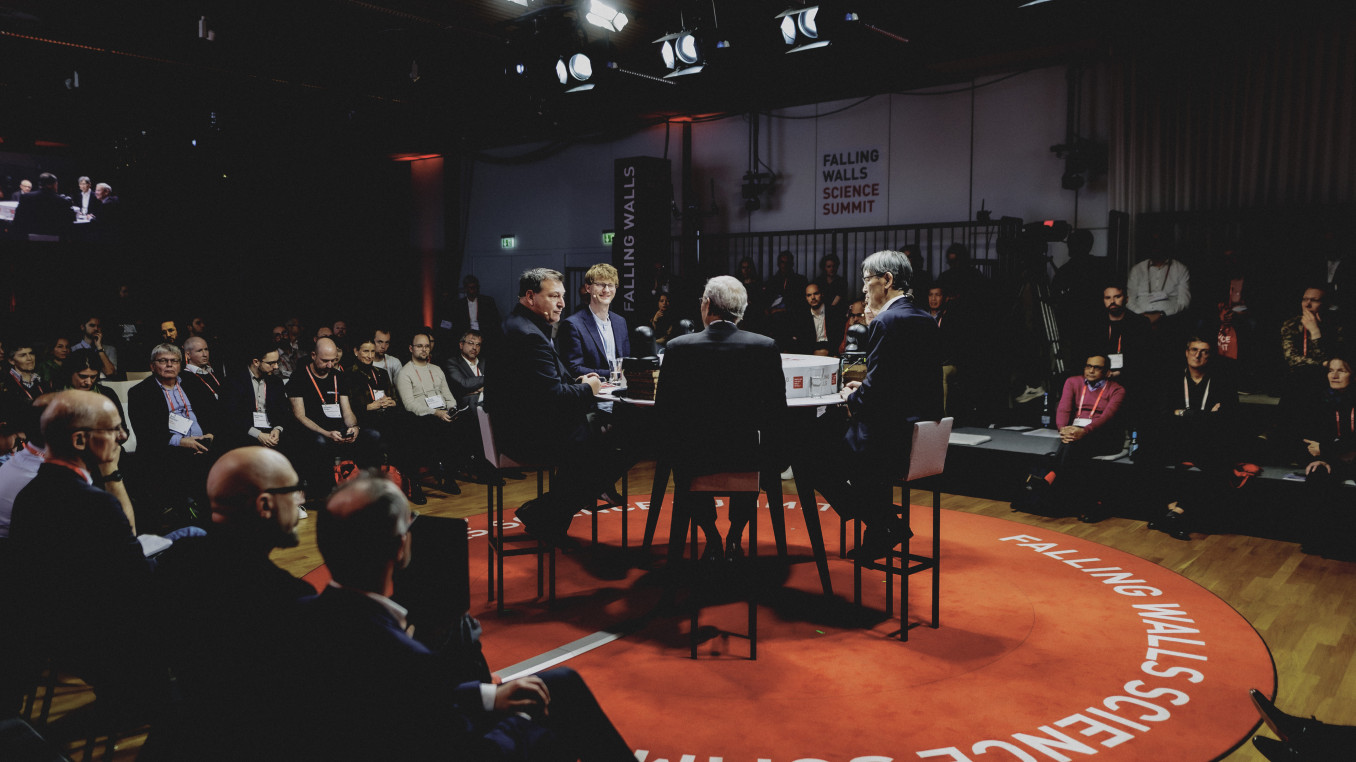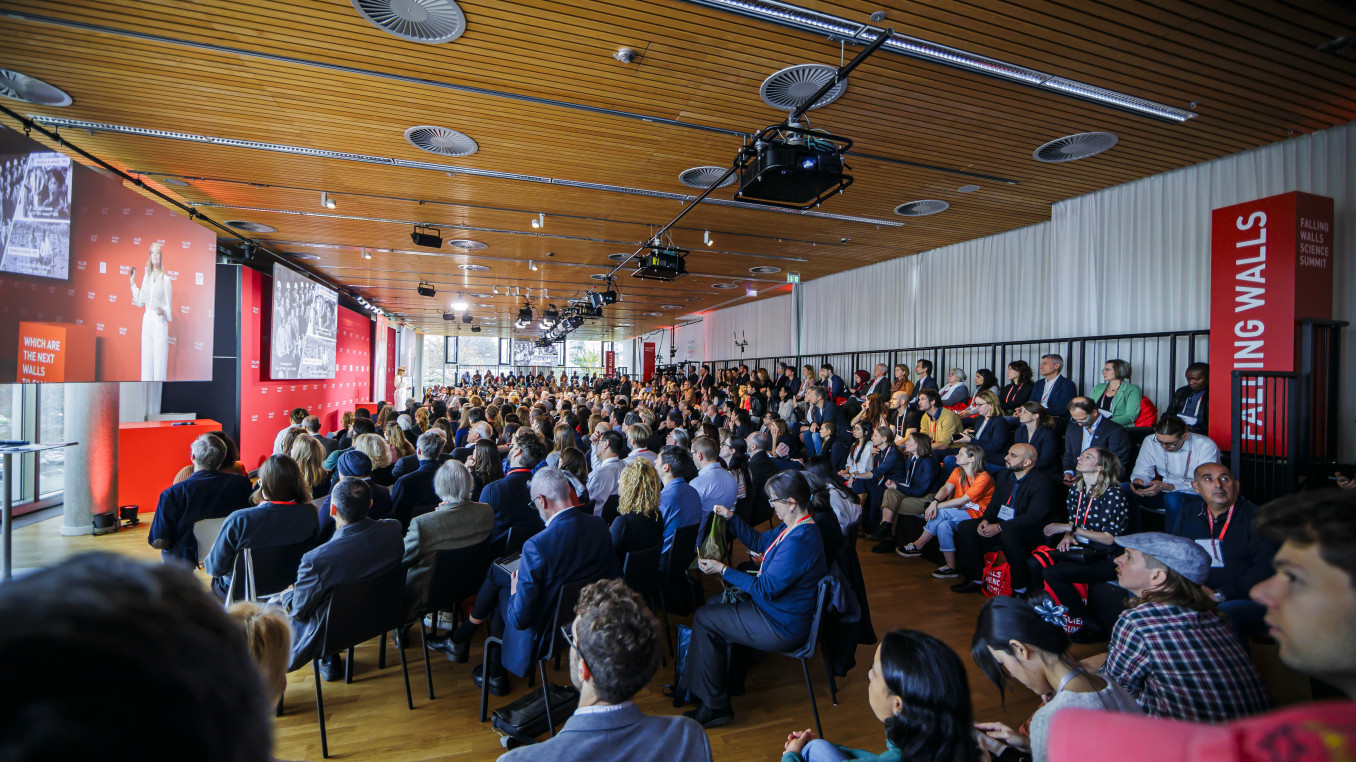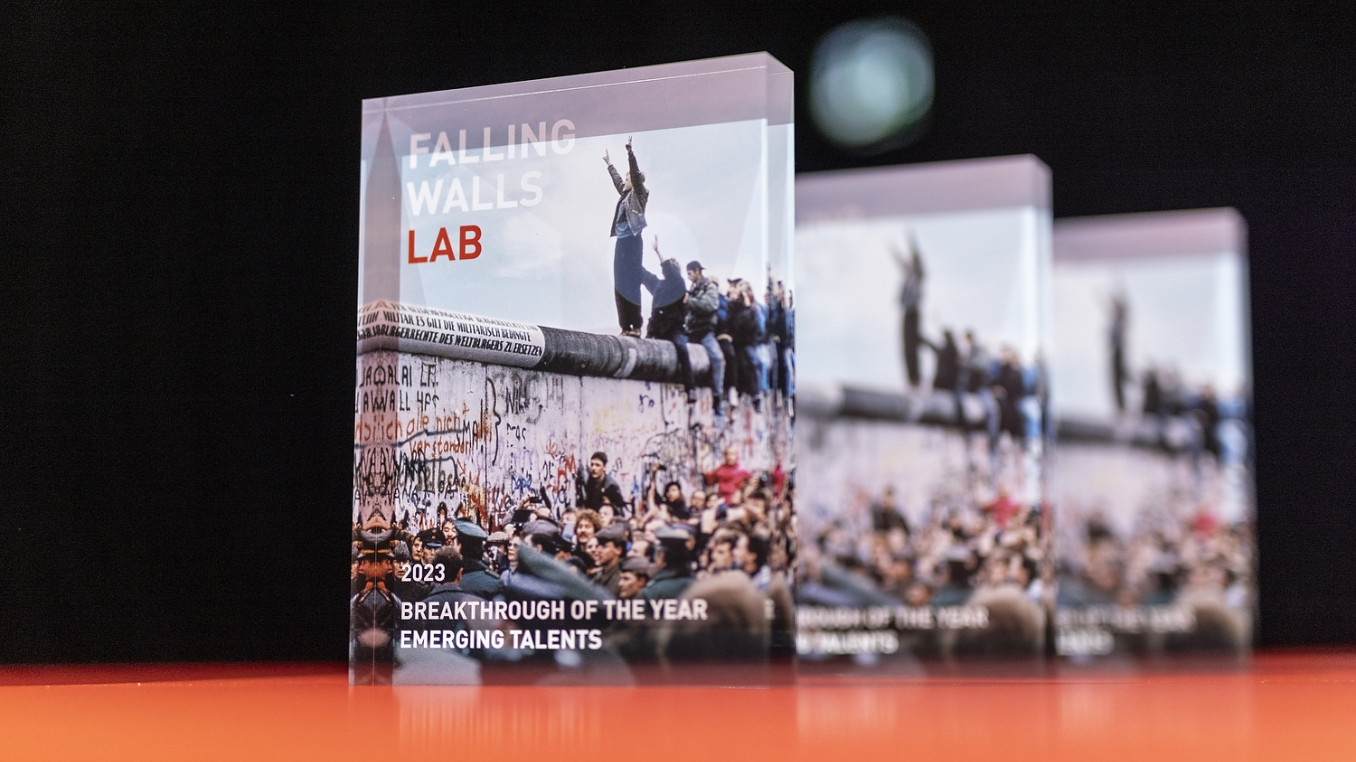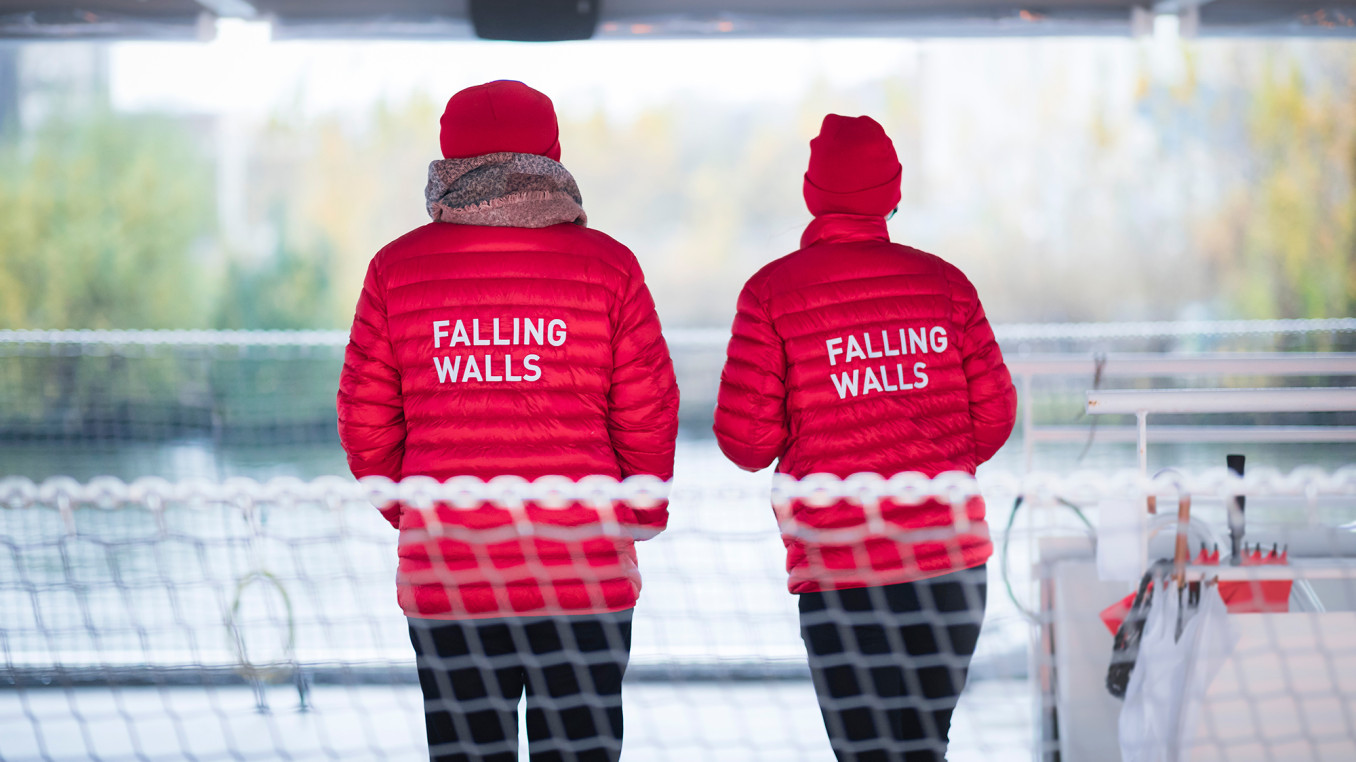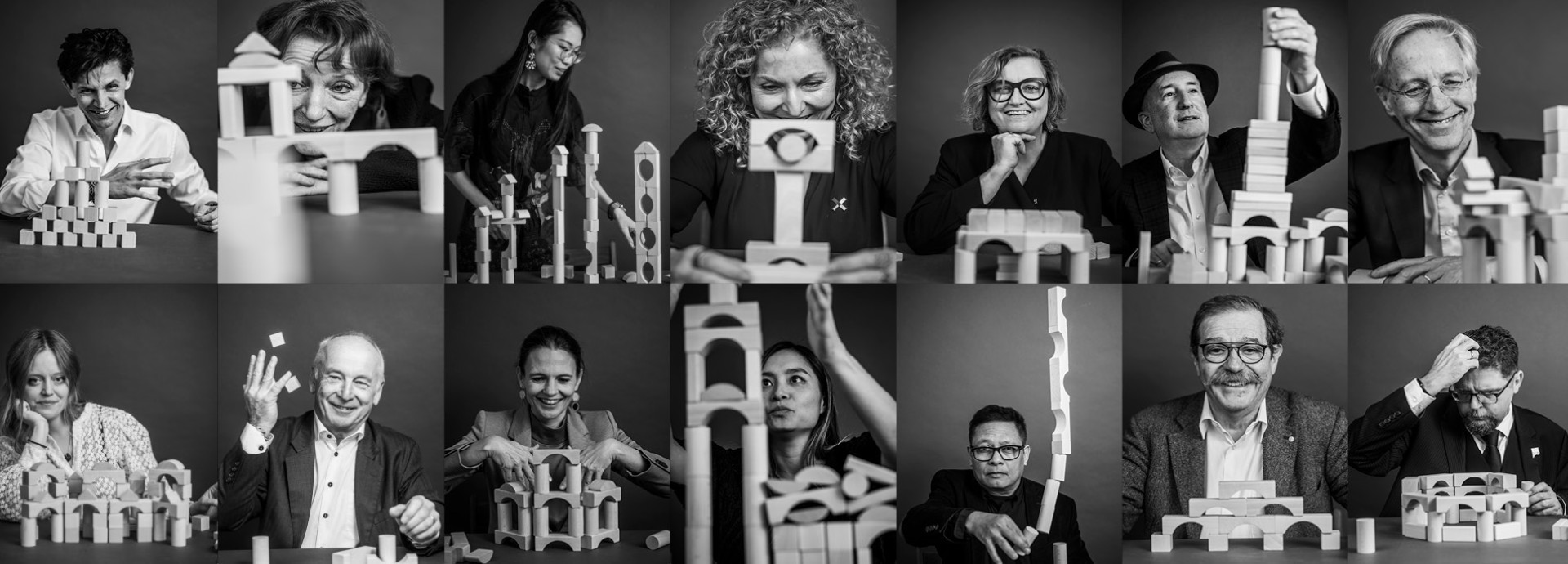
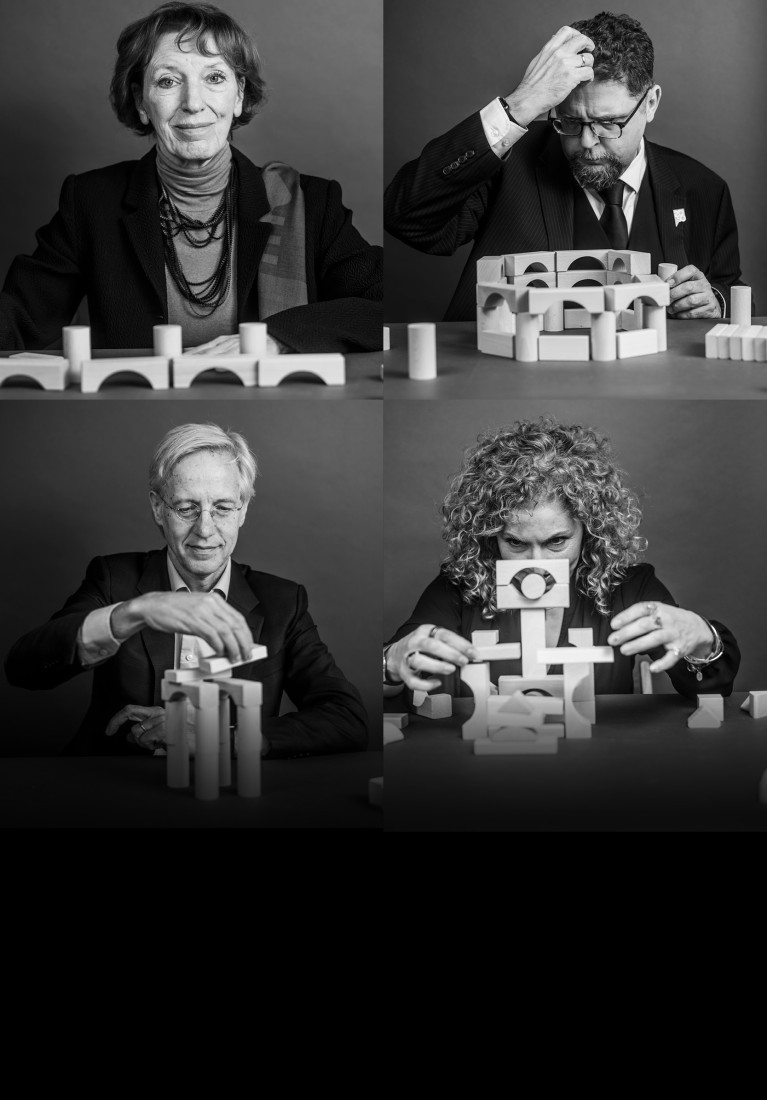
Science Summit 2026 | 7 - 9 November Berlin + Online
Falling Walls Foundation
WHERE THE WORLD’S BRIGHTEST MINDS MEET
The Falling Walls Science Summit is the international, interdisciplinary, and intersectoral forum for global science leaders. They debate on the anniversary of the fall of the Berlin Wall: Which are the next walls to fall?
SCIENCE BREAKTHROUGHS OF THE YEAR 2025
Across Physical Sciences, Life Sciences, Engineering & Technology, Social Sciences & Humanities and Art & Science, a distinguished jury has selected our Science Breakthroughs of the Year 2025. These prestigious awards honour the most innovative and impactful research redefining scientific frontiers. We look forward to welcoming our laureates to the Falling Walls Stage this November. Congratulations to all our winners!
SCIENCE BREAKTHROUGHS OF THE YEAR 2025
Across Physical Sciences, Life Sciences, Engineering & Technology, Social Sciences & Humanities and Art & Science, a distinguished jury has selected our Science Breakthroughs of the Year 2025. These prestigious awards honour the most innovative and impactful research redefining scientific frontiers. We look forward to welcoming our laureates to the Falling Walls Stage this November. Congratulations to all our winners!
GLOBAL CALL 2026
The Falling Walls Global Call invites researchers, innovators, and passionate teams worldwide to present the scientific breakthroughs shaping our future. Across multiple categories, we honour those driving solutions to major global challenges, and create a platform that connects disciplines, perspectives, and generations. Finalists are invited to present their work at the Falling Walls Science Summit in Berlin, where international experts, decision makers, and global audiences explore the breakthroughs that will define tomorrow.
GLOBAL CALL 2026
The Falling Walls Global Call invites researchers, innovators, and passionate teams worldwide to present the scientific breakthroughs shaping our future. Across multiple categories, we honour those driving solutions to major global challenges, and create a platform that connects disciplines, perspectives, and generations. Finalists are invited to present their work at the Falling Walls Science Summit in Berlin, where international experts, decision makers, and global audiences explore the breakthroughs that will define tomorrow.
THIS YEAR'S TOP SPEAKERS: SHAPING THE FUTURE OF SCIENCE & INNOVATION
Join an exceptional line-up of global thought leaders — from Nobel Prize laureates to pioneers in research, technology, and policy — and engage with the ideas shaping the future of science. Among the featured speakers are some of the most influential voices of our time, with the line-up continuously updated to reflect the latest confirmed leaders driving global progress.
Unsubscribe any time. You’ll find our data privacy policy here.
SCIENCE SUMMIT 2026 TICKETS
